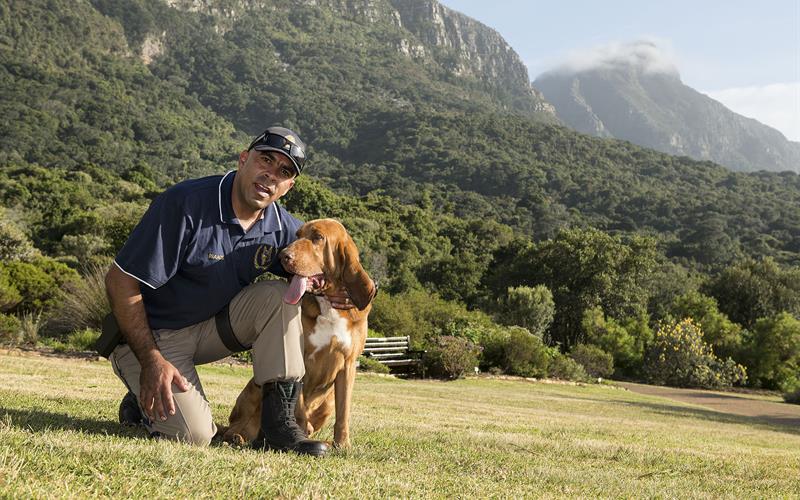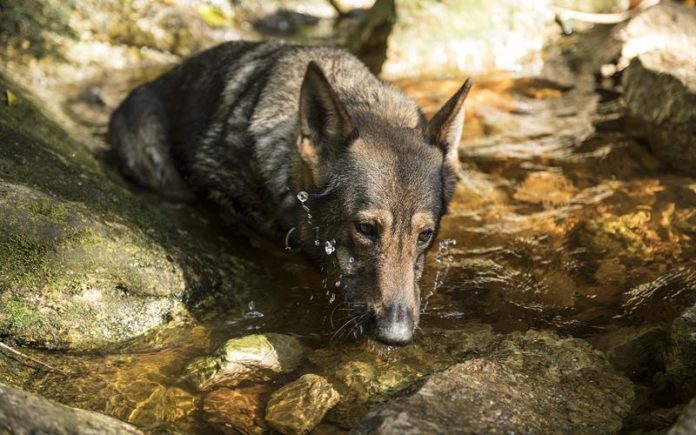The City’s four-legged K9 Metro Police officers and their handlers took a little time out for health and wellness, and stretch their legs, after notching up several successes over the past year.
The hard-working K9 Unit were given an early morning breather, when handlers and dogs went on a walk in the Kirstenbosch Botanical Gardens this week.
The City says the initiative aims to give the K9 crew a change of pace from their daily duties that have seen them play an instrumental role in effecting 200 drug-related arrests between July 2021 and October 2022.
During this time, they also racked up 535 autonomous and integrated operations, as well as school searches and education and awareness displays.
The City’s Mayoral Committee Member for Safety and Security JP Smith has expressed his gratitude to the management of Kirstenbosch Gardens for facilitating this opportunity for the K9 officers and their handlers.
“This is the second such outing for the team, and we hope to make it a regular excursion, particularly for the canines. They serve this city so diligently, and it is important that we invest in their overall health and wellbeing too, beyond just the day-to-day care.”
Last month, Mayor Geordin Hill-Lewis visited the K9 unit to discuss the expansion of this unit with more dogs, and a new training and kennel facility.
Hill-Lewis says in the years ahead the City aims to grow the size of its K9 unit.
He said: “Our Metro Police K9 Unit is regularly requested to join local SAPS operations, their Anti-Gang Unit on joint operations, and the City’s own enforcement services. This unit has become a key part of our efforts to make Cape Town safer for all. Its success gives weight to the call we have been making for the devolution of more policing powers to the City.
The training these four legged officers receive is intense.
Training the dogs takes place over a three-month period in which they are tested on different disciplines, and assessed for their individual temperament which determines whether they are assigned to detect narcotics or explosives. During this time they are also bonding with their handler to form a lasting relationship of trust.
Once this phase of training is complete and the canine member becomes an active recruit, these skills are regularly repeated over time to ensure the quality of detection is maintained.
Being able to detect substances remains a skill throughout their life – even when it’s time for a K9 member to retire – unless their senses are affected by medical issues.



